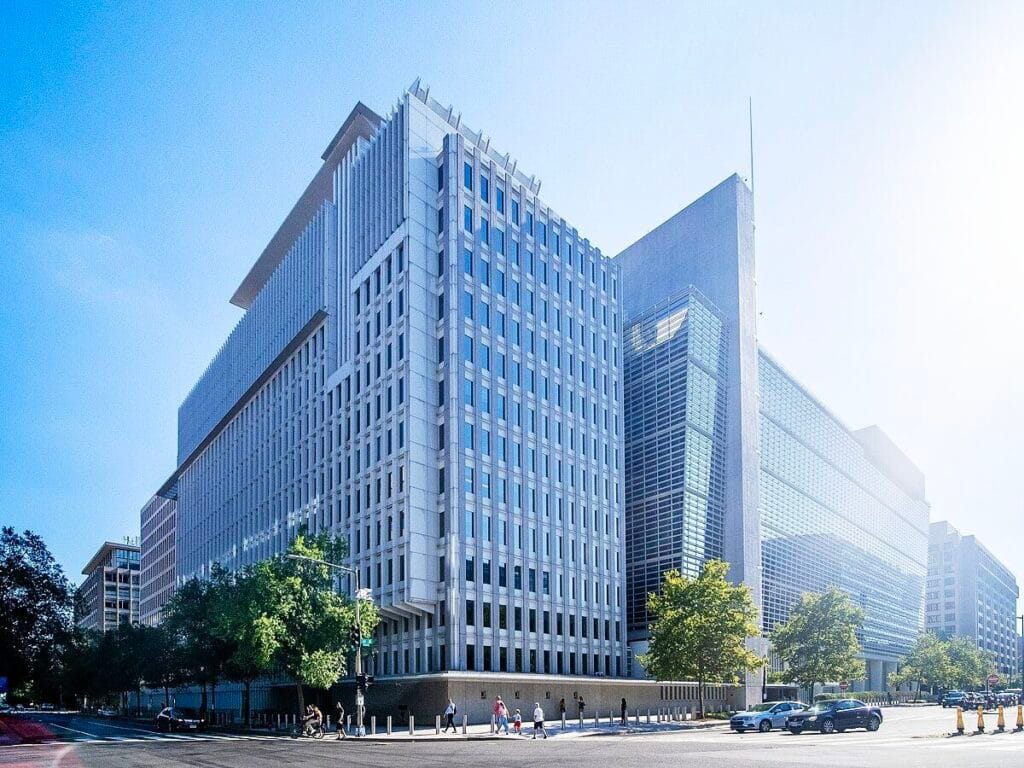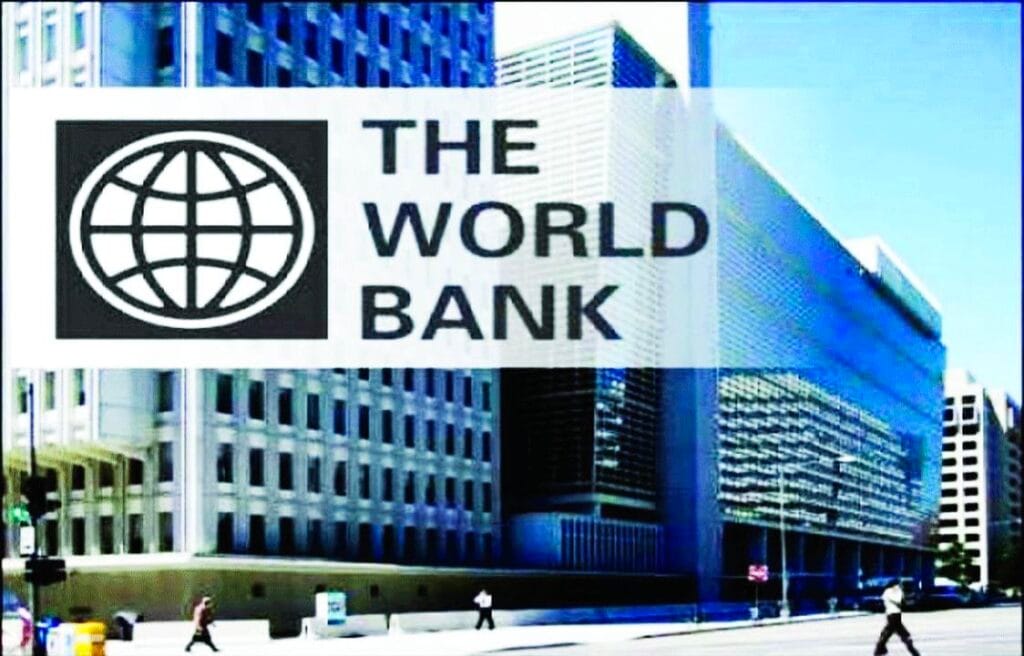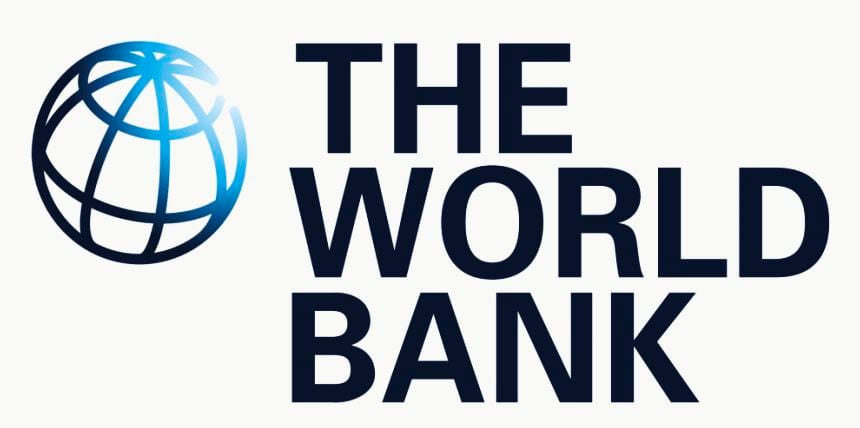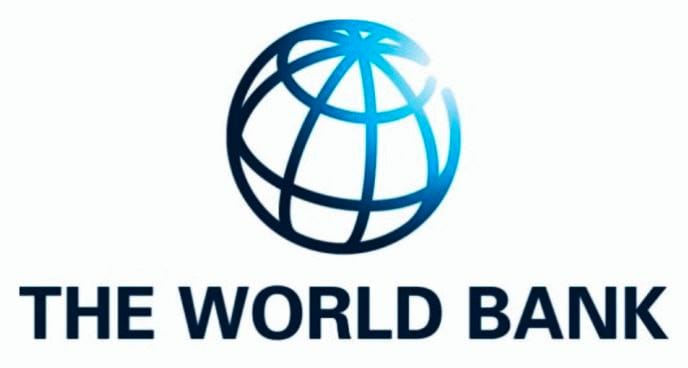Meaning of the World Bank
The World Bank is an international financial institution that provides financial and technical assistance to developing countries for development projects aimed at reducing poverty and promoting economic growth. These projects span sectors such as infrastructure, education, healthcare, and agriculture. The World Bank’s primary mission is to end extreme poverty and promote shared prosperity by offering loans, grants, and expert guidance to low- and middle-income countries.
The World Bank is part of a larger group called the World Bank Group, which consists of five institutions working collectively to support economic development worldwide.

Formation of the World Bank
The World Bank was established in 1944 during the Bretton Woods Conference, which also led to the formation of the International Monetary Fund (IMF). Its creation was primarily aimed at helping Europe rebuild after World War II, but over time, the World Bank shifted its focus to supporting long-term development in poorer nations.
The World Bank officially began operations in 1946, with the International Bank for Reconstruction and Development (IBRD) being the first entity formed. Over the decades, additional organizations were created within the World Bank Group to address various aspects of global development.

Member Groups of the World Bank
The World Bank Group consists of five closely related institutions:
- International Bank for Reconstruction and Development (IBRD):
- Provides loans to middle-income and creditworthy low-income countries.
- Focuses on reducing poverty by promoting sustainable development through financial and policy support.
- International Development Association (IDA):
- Offers low-interest loans and grants to the world’s poorest countries.
- Aims to reduce poverty by boosting economic growth and improving living conditions in underdeveloped regions.
- International Finance Corporation (IFC):
- Promotes private sector investment in developing countries to create jobs and economic growth.
- Provides loans, equity, and advisory services to stimulate private investment and foster entrepreneurial activity.
- Multilateral Investment Guarantee Agency (MIGA):
- Offers political risk insurance and credit enhancement to encourage foreign investment in developing countries.
- Helps investors protect against risks such as expropriation, political instability, or breach of contract.
- International Centre for Settlement of Investment Disputes (ICSID):
- Provides arbitration and conciliation services to resolve investment disputes between international investors and states.
- Ensures that investment agreements are honored, promoting stable investment climates.

Objectives of the World Bank
The World Bank’s overarching goal is to eliminate extreme poverty and boost shared prosperity. Its specific objectives include:
- Reducing Poverty:
- The World Bank focuses on reducing extreme poverty, particularly in developing countries, by financing projects that create jobs, improve access to education and healthcare, and provide basic infrastructure.
- Promoting Economic Development:
- By supporting large-scale infrastructure projects, the World Bank fosters economic development in areas such as transportation, energy, and water supply.
- Improving Health and Education:
- The World Bank funds projects that improve access to essential services like healthcare and education, helping countries build strong human capital foundations.
- Encouraging Good Governance:
- The World Bank promotes transparency, accountability, and good governance in its client countries by encouraging governments to adopt effective policies that lead to better economic and social outcomes.
- Environmental Sustainability:
- The World Bank integrates environmental sustainability into its development projects, ensuring that development does not come at the cost of environmental degradation.
- Supporting Private Sector Development:
- The IFC and MIGA, key parts of the World Bank Group, focus on fostering private sector growth and investment in developing countries by reducing risks and providing financial support.

Functions of the World Bank
The World Bank performs several essential functions aimed at promoting global economic development and poverty alleviation. These include:
- Providing Loans and Grants:
- The World Bank lends money to countries to finance development projects. These projects span critical areas like infrastructure, agriculture, healthcare, and education. Loans are given on both commercial and concessional terms, with lower interest rates for poorer countries through the IDA.
- Capacity Building and Technical Assistance:
- The World Bank provides technical expertise, policy advice, and research to help countries develop effective strategies for economic growth. This assistance may include public financial management, governance reforms, or support for the development of social programs.
- Reducing Debt Burden of Developing Countries:
- The World Bank helps heavily indebted countries manage and restructure their debt burdens, which allows these nations to focus more of their resources on development. The Heavily Indebted Poor Countries (HIPC) initiative, for instance, helps countries reduce their debt loads.
- Supporting Infrastructure Development:
- The World Bank finances infrastructure projects that create jobs, stimulate investment, and improve living conditions. This includes building roads, bridges, schools, hospitals, and energy systems.
- Promoting Trade and Investment:
- The World Bank works to foster international trade and investment by encouraging countries to create stable business environments. Through the IFC and MIGA, the World Bank helps attract private investment into developing countries.
- Crisis Management and Emergency Relief:
- The World Bank also provides emergency financial aid and technical assistance to countries facing natural disasters, economic crises, or conflict. It offers fast-track loans and grants to help countries recover and rebuild.
- Data Collection and Research:
- The World Bank conducts extensive research and produces data on global development issues. Its reports, such as the annual World Development Report, provide in-depth analysis on topics like inequality, climate change, and urbanization. This research guides countries in developing evidence-based policies.
- Promoting Social Inclusion:
- The World Bank emphasizes the importance of inclusive development, focusing on projects that help marginalized populations such as women, indigenous groups, and rural communities. These initiatives aim to reduce inequality and promote social cohesion.

